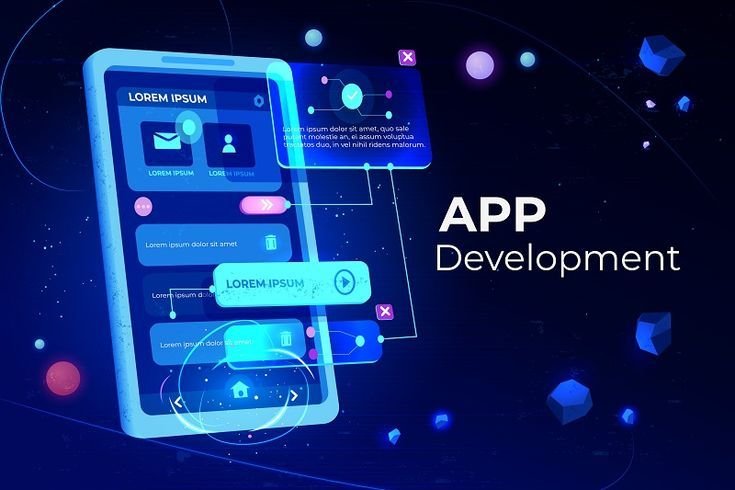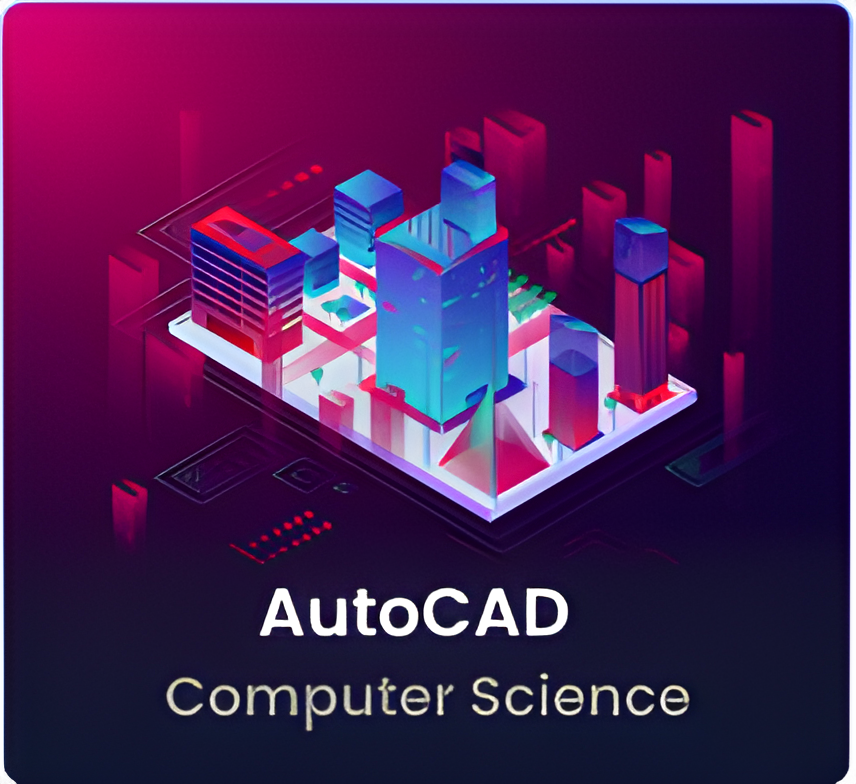Azure Cloud ComputingTraining
Last Update
Jan,01 1970Category
CSE/ITDescription
Module 1: Introduction to Cloud Computing
-
What is Cloud Computing?
-
Cloud service models: IaaS, PaaS, SaaS
-
Cloud deployment models: Public, Private, Hybrid
-
Benefits and challenges of cloud adoption
Module 2: Introduction to Microsoft Azure
-
Overview of Azure services and regions
-
Azure Portal, CLI, and PowerShell
-
Azure Resource Manager (ARM) concepts
-
Subscription, tenants, and resource groups
Module 3: Core Azure Services
-
Compute: Virtual Machines, App Services, Azure Functions
-
Storage: Blob Storage, Disk Storage, File Storage
-
Networking: Virtual Network, Load Balancer, VPN Gateway, ExpressRoute
-
Databases: Azure SQL Database, Cosmos DB, MySQL, PostgreSQL
Module 4: Identity and Access Management (IAM)
-
Azure Active Directory (Azure AD)
-
Users, groups, and roles
-
Role-Based Access Control (RBAC)
-
Multi-Factor Authentication (MFA)
Module 5: Azure Virtual Machines and Compute Services
-
VM creation and configuration
-
VM sizes and pricing tiers
-
Autoscaling and availability sets
-
Azure App Services and serverless computing with Azure Functions
Module 6: Azure Networking
-
IP addressing and subnets
-
Network Security Groups (NSGs)
-
Azure DNS and traffic routing
-
Site-to-site and point-to-site VPNs
Module 7: Azure Storage Services
-
Types of storage accounts
-
Access tiers (hot, cool, archive)
-
Azure Blob lifecycle policies
-
Secure access using SAS tokens and shared keys
Module 8: Monitoring and Security
-
Azure Monitor and Log Analytics
-
Alerts and dashboards
-
Azure Security Center
-
Azure Defender and compliance insights
Module 9: Azure DevOps and Automation
-
Introduction to CI/CD pipelines
-
Azure DevOps Services: Repos, Pipelines, Boards
-
Infrastructure as Code using ARM templates and Bicep
-
Azure Automation and Logic Apps
Module 10: Azure Cost Management
-
Pricing calculator and cost analysis tools
-
Resource tagging and budgeting
-
Cost-saving strategies and reserved instances
Module 11: Real-World Projects
-
Deploying a multi-tier web application on Azure
-
Secure file storage with access control
-
Create a CI/CD pipeline using Azure DevOps
-
Set up monitoring and alerting for a cloud resource
Requirements
What is Azure Cloud Computing?
Microsoft Azure is a cloud computing platform that offers services such as virtual machines, databases, networking, storage, DevOps, and AI tools. Azure helps businesses scale applications globally with flexible, secure infrastructure.
Why Learn Azure?
-
Microsoft Azure is one of the top three global cloud platforms (along with AWS and Google Cloud).
-
In-demand skill for IT professionals, developers, and DevOps engineers.
-
Opens opportunities in roles like Cloud Engineer, Azure Administrator, and Solutions Architect.
-
Required for certification paths like AZ-900, AZ-104, and AZ-204.
Curriculum
-
LevelBeginner
-
Lectures5 Lectures
-
Duration4h/30m
-
CategoryCSE/IT
-
LanguageEnglish
-
CertificateYes
.jpg)



















